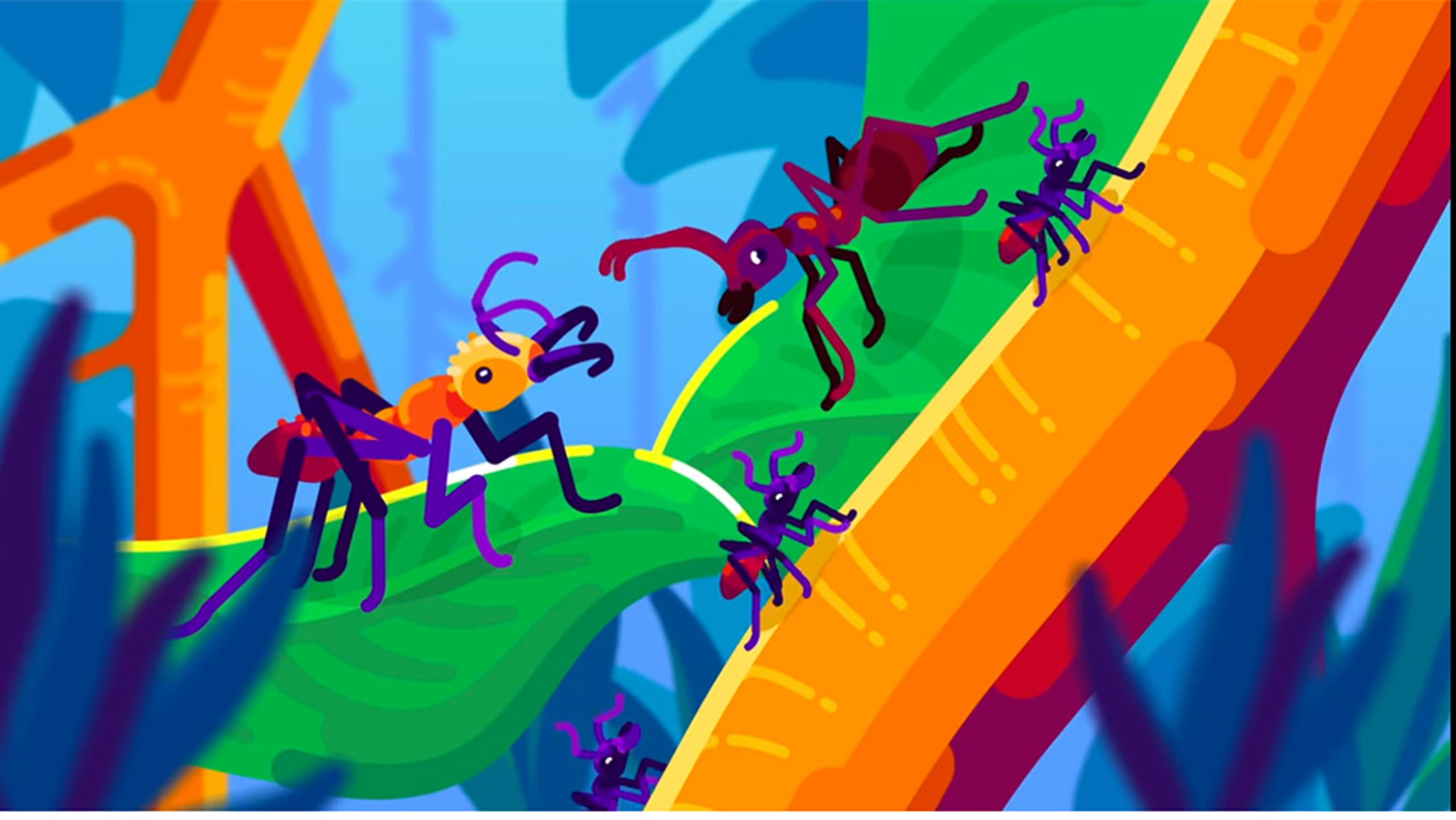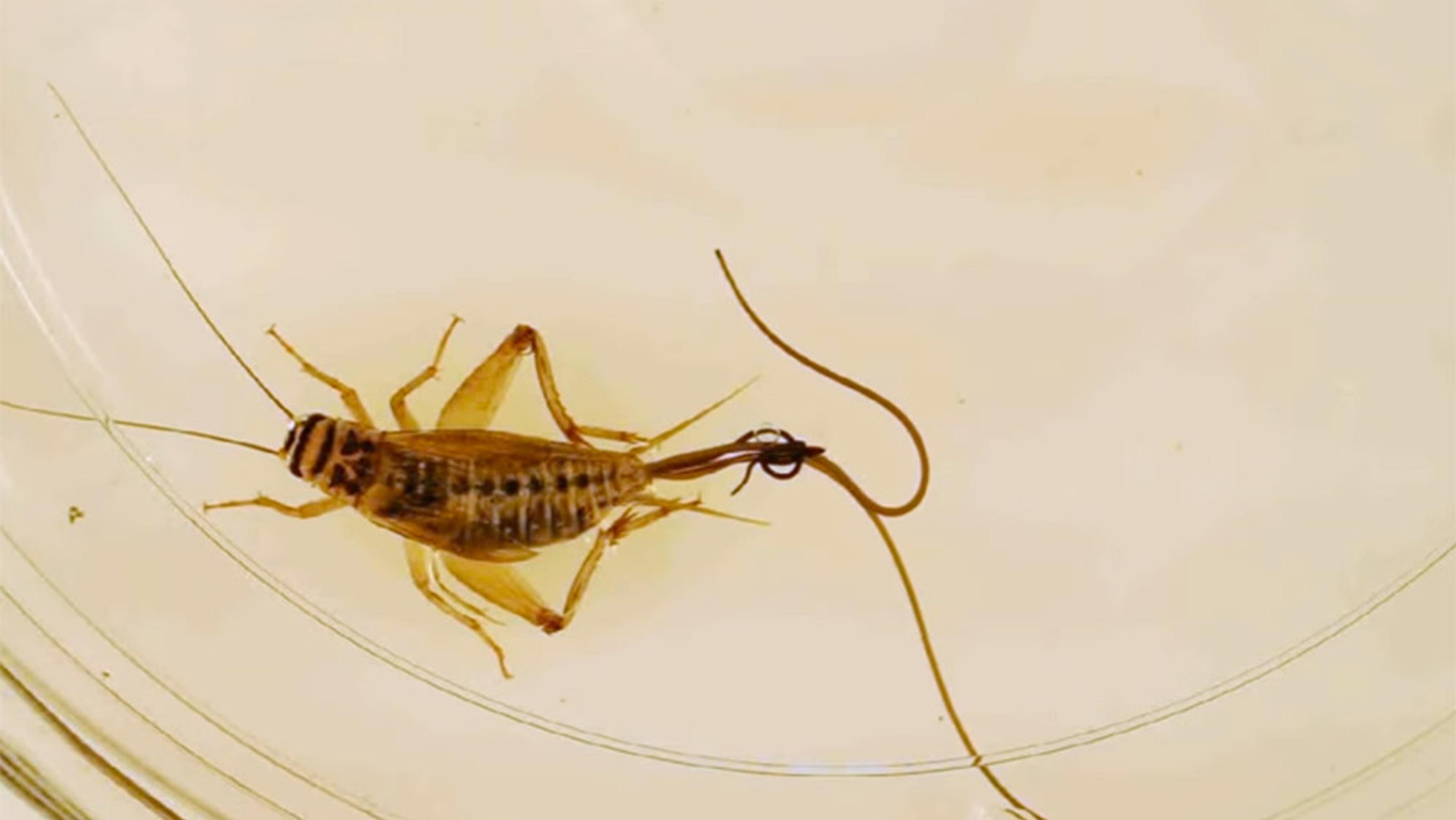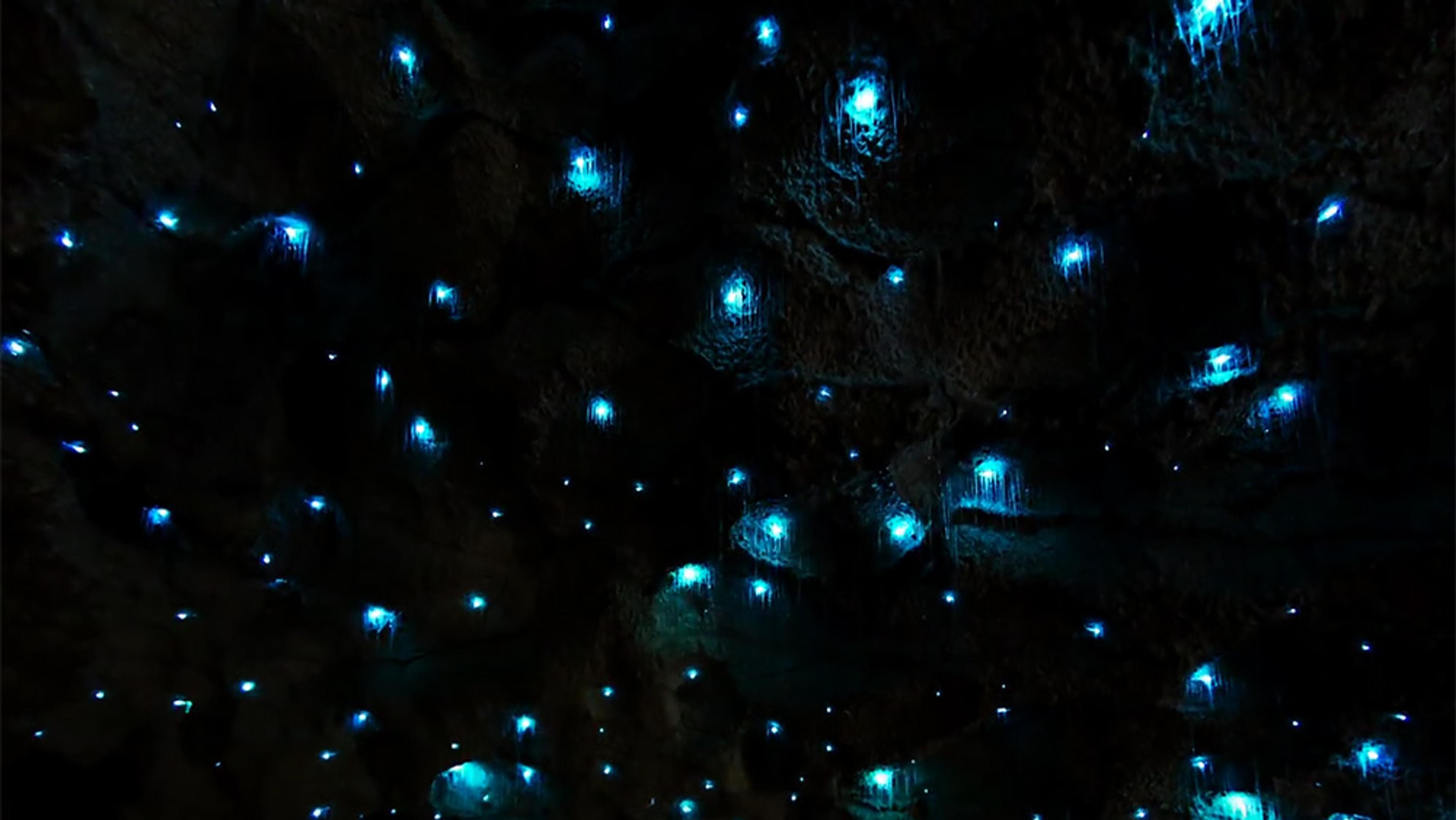You might assume that a creature incapable of feeding itself would have a one-way ticket off the food chain and into the dustbin of extinction. But some ant species with mandibles that are ill-equipped for eating have developed a clever – if not quite mutual – means of finding sustenance and perpetuating. Known as ‘kidnapper’ or ‘slave-making’ ants, these parasitic creatures raid the nests of other ant species, capture their young and carry them to their home nest. Using scents to keep the new arrivals oblivious to the fact that they’re far from home, the kidnappers deploy their captors to tend to their young, forage for their food, and even chew and feed it to them in a process known as trophallaxis. Captured in stunning high definition by the science documentary series Deep Look, this short video tracks red kidnapper ants in the Sierra Nevada mountain range in California as they raid, kidnap and brainwash the young from a nearby black ant species’ nest. You can learn more about this video at KQED Science.
Incredible footage captures the ants that transform other species into loyal servants
14 January 2021

videoEvolution
The longest, most brutal wars on Earth are fought on ant-sized scales
9 minutes

videoBiology
Mind control and zombification do exist. Just look at these crickets
5 minutes

videoEcology and environmental sciences
How to maintain infrastructure – the stunning collective intelligence of ant engineers
1 minute

videoEvolution
Think agriculture is unique to us? Leafcutter ants are phenomenal fungus farmers
4 minutes

videoBiology
Cape sundews move, react and attack in a way that seems more animal than plant
4 minutes

videoEvolution
A cut-throat case of evolutionary backstabbing in the Peruvian rainforest
3 minutes


